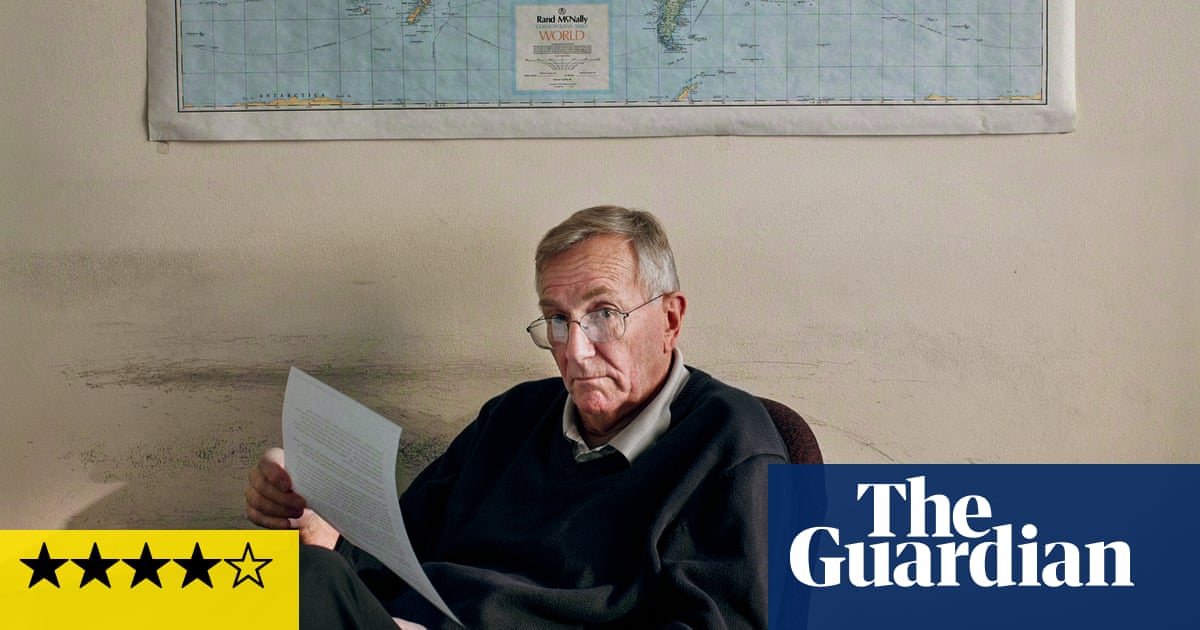Former New Zealand prime minister Jim Bolger, whose political legacy was defined by his deep commitment to reconciliation with Māori as well as his brutal cuts to welfare and deregulation of the labour market, has died aged 90.
Bolger died peacefully surrounded by his wife, Joan, nine children and 18 grandchildren, his family said in a statement on Wednesday. Bolger suffered kidney failure last year and had been undergoing dialysis.
A former National party leader, he served as prime minister from 1990 until 1997.
Politicians from across the political spectrum paid tribute to Bolger after the news of his death, describing him as a man with high ideals, dogged determination and a great warmth for people.
“To those who worked alongside him, he was a principled and formidable colleague,” said the prime minister, Christopher Luxon. “To his political opponents, he was a worthy adversary who never allowed disagreement to become personal.”
Labour’s leader, Chris Hipkins, said Bolger was “humble, dedicated [and] passionate”, and pointed to his ability later in life to acknowledge growing inequality.
“He could see that the concentration of wealth around the world was unsustainable, that the growing marginalisation of large segments of our society was leading to us becoming more divided and that we could not continue to stand for that.”
Bolger entered parliament in 1972 and became leader of the National party in 1986 before becoming prime minister in 1990 when the party took power. He retired from politics in 1998 and served as New Zealand’s ambassador to the United States from 1998 to 2002.
During his premiership, he oversaw the infamous 1991 “mother of all budgets”, delivered by his finance minister, Ruth Richardson, which severely cut spending on welfare and health. The budget was so unpopular it nearly cost his government the next election.
Bolger pursued privatisation and oversaw the deregulation of the labour market that resulted in major declines in union membership.
Bolger later disavowed neoliberalism, telling RNZ in 2017 it had failed to produce economic growth and “what growth there has been has gone to the few at the top”.
During his time in government, Bolger ushered in the “mixed member proportional” electoral system that New Zealand still uses today.
His legacy on treaty settlements – a system set up in 1975 to remedy the Crown’s breaches of the country’s founding document, the Treaty of Waitangi – will be long lasting.
Bolger’s government concluded the first settlements between Māori tribes and the government – for the impact of colonisation.
In his book A View From the Top, Bolger reflected on the settlement process.
“Something within me – perhaps it is my Irish heritage, which is that of a nation oppressed for centuries – demanded that I listen to the Māori story, speak with those who wanted to talk about the grievances and determine in due course what could be done.”
Tukoroirangi Morgan, chair of the Waikato Tainui iwi or tribe, said Bolger left a legacy in the settlement space that would remain unsurpassed.
“Jim modernised the whole process of reconciliation in an effort to bring Aotearoa-New Zealand closer together to reflect a more contemporary reality of our nation,” he said.
Green MP Teanu Tuiono said Bolger believed in the treaty, historical justice and the collective responsibility to honour the treaty.
“When people questioned him on why treaty settlements, he said: ‘Because it is the right thing to do.’”
Bolger was a committed republican and did not take a knighthood after he left politics. Instead he was made a member of New Zealand’s highest order, the Order of New Zealand.
With Reuters and Agence France-Presse

.png) 1 month ago
49
1 month ago
49

















































